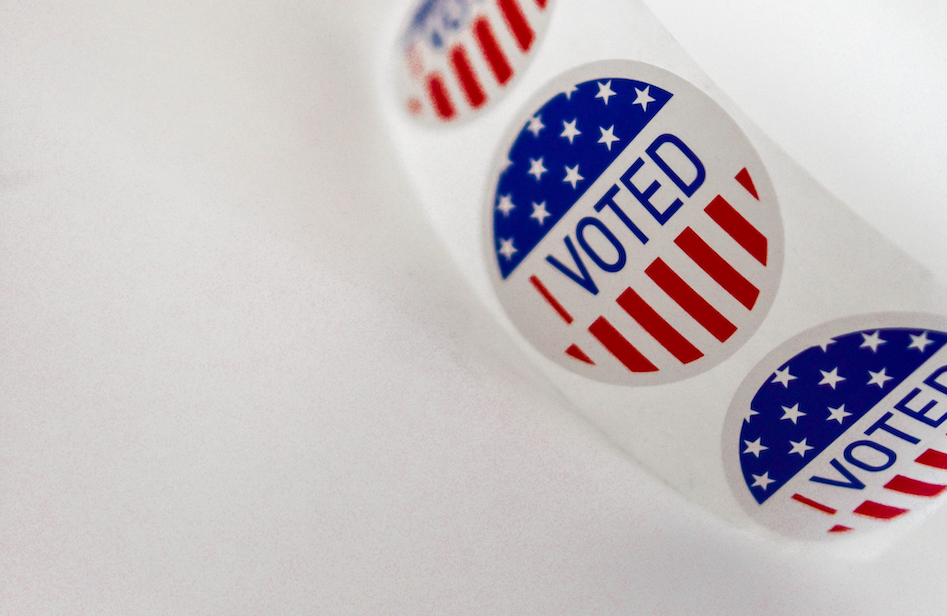Elections are a critical component of democratic administration. Because direct democracy—a form of administration in which all competent voters make political decisions directly—is unworkable in most modern nations, democratic government must be conducted through representatives. Elections allow citizens to choose their leaders and hold them accountable for their actions while in government. Accountability can be harmed when elected officials don’t care if they’re reelected or when one party or coalition dominates for historical or other reasons, leaving voters with little option among alternative candidates, parties, or ideas. Nonetheless, the ability to regulate leaders by compelling them to participate in regular and periodic elections aids in the solution of the problem of leadership succession and thus contributes to the survival of democracy. There are many quality roofers in Dublin, GA coming together to sponsor events that ends up making a huge difference in the community.
Furthermore, elections function as forums for discussing public issues and for expressing public opinion where the electoral process is competitive and pushes candidates or parties to reveal their past and future intentions to public scrutiny. Elections thus offer citizens political education and ensure that democratic administrations respond to the people’s will. They also help to legitimate the actions of those in positions of authority, a function that is fulfilled to some extent even by noncompetitive elections.
Officeholders are elected
Electorates have a limited ability to influence government policy. Most elections do not directly establish public policy; instead, they provide a small group of officials the power to enact policy on behalf of the electorate (via legislation and other means).
Political parties dominate the election of officeholders. The selection and nomination of candidates, which is an important first step in the electoral process, is usually left to political parties; an election serves only as of the final step in recruiting candidates for political office. As a result, the party system might be considered an extension of the election process. Political parties provide a talent pool from which candidates are chosen and simplify and direct electoral choice and mobilize voters at the registration and election stages.
Elections for recall
The practice of recalling officeholders, like most populist initiatives, is an attempt to reduce political parties’ control over representatives. The recall, which is often used in the United States, is intended to ensure that elected official acts in the best interests of their constituents rather than their political party or their conscience. The real recall document is usually a letter of resignation signed by the elected official before taking office. A quorum of constituents can invoke the letter during the representative’s term of office if the representative’s performance falls short of their expectations.
Initiative and referendum
The referendum and initiative are elections in which the community’s choices on a particular subject are examined; the former is begun by government officials, while groups of voters initiate the latter. Such techniques show a reluctance to give full decision-making power to elected representatives as forms of direct democracy. Voting in referenda and initiatives, on the other hand, may be more easily influenced by political parties and interest groups than voting in officeholder elections due to low voter turnout in these types of elections.
Plebiscite
Plebiscites are elections held to decide on two major political issues: the legitimacy of a government and the nationality of disputed territories between governments. In the first example, the current administration uses a referendum to affirm its right to speak for the country, seeking a popular mandate as a basis for legitimacy. Plebiscites of this type are regarded to provide a direct relationship between the rulers and the ruled, bypassing intermediaries such as political parties; as a result, plebiscites are frequently seen as hostile to pluralism and competitive politics. The referendum was very popular in France after the French Revolution in 1789 because it was based on nationalism and popular sovereignty. Totalitarian regimes used plebiscites to legitimize their authority throughout the twentieth century.
Counting systems for votes
Individual votes are turned into collective decisions through various counting rules that voters and leaders agreed upon before the election. In theory, these rules could call for plurality voting, which only requires that the winner receive the most votes; absolute majority voting, which requires that the winner receive more than half of the total votes; extraordinary majority voting, which requires a higher proportion for the winner (e.g., a two-thirds majority); proportional voting, which requires that a political party receive a certain threshold to receive representation; or unanimity.
Elections to the legislature
There are several different electoral systems for allocating legislative seats. There are three types of legislative election systems: plurality and majority systems (also known as majoritarian systems), proportional systems, and hybrid, or semi-proportional, systems. Because it determines the number of political parties that can get representation and participate in government, the electoral system is an important variable in understanding public policy decisions.


